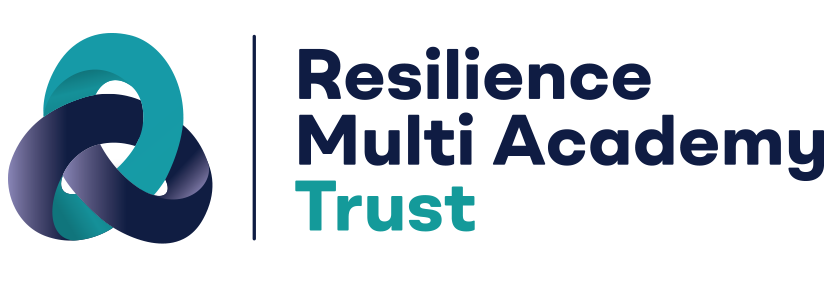KS5 Physics
Overview
Physics is one of the most respected and versatile subjects, offering students a deep understanding of how the universe works while developing highly transferable skills. Employers value Physics for the logical thinking, mathematical fluency, and problem-solving ability it cultivates—skills that are essential in fields such as engineering, finance, data science, and technology.
Our Physics curriculum is built around a set of essential ‘non-negotiables’—the core knowledge and skills every student must master. These form the foundation of learning and guide students from competency to mastery over time.
Learning is carefully sequenced over a four-year plan and is mapped cross-curricularly, ensuring students make clear connections across topics and subjects. Each learning plan highlights specific non-negotiables, whether as a central focus or supporting knowledge, to drive deep understanding and application.
By combining academic rigour with real-world relevance, our Physics curriculum not only prepares students for exam success—it also gives them the tools to thrive in the workplace and beyond.
Exam board: AQA
Year 12
- Measurements and their errors
- Particles and radiation
- Waves
- Mechanics and materials
- Electricity
Year 13
- Further mechanics and thermal physics
- Fields and their consequences
- Nuclear physics
Option topic: Turning Points in Physics or Astrophysics.
Students currently get to vote which option they would like to select
A separate endorsement of practical skills will be taken alongside the A-level. This will be assessed by teachers and will be based on direct observation of students’ competency in a range of skills that are not assessable in written exams.
Key Skills Developed:
-
Mathematical reasoning and modelling
-
Experimental design and critical evaluation
-
Logical thinking and quantitative analysis
-
Use of technical equipment and data tools
Career Opportunities:
-
Engineering (Mechanical, Electrical, Civil)
-
Astrophysics, Robotics, and Space Science
-
Architecture, Construction, and Design
-
Software Development and Data Analysis
-
Renewable Energy and Environmental Physics
Useful links:
- https://www.s-cool.co.uk/
- https://www.bbc.com/bitesize/levels/z98jmp3
- https://www.aqa.org.uk/subjects/science
- https://www.ocr.org.uk/qualifications/as-a-level-gce/chemistry-a-h032-h432-from-2015/
- http://www.iop.org/
- http://www.rsc.org/


